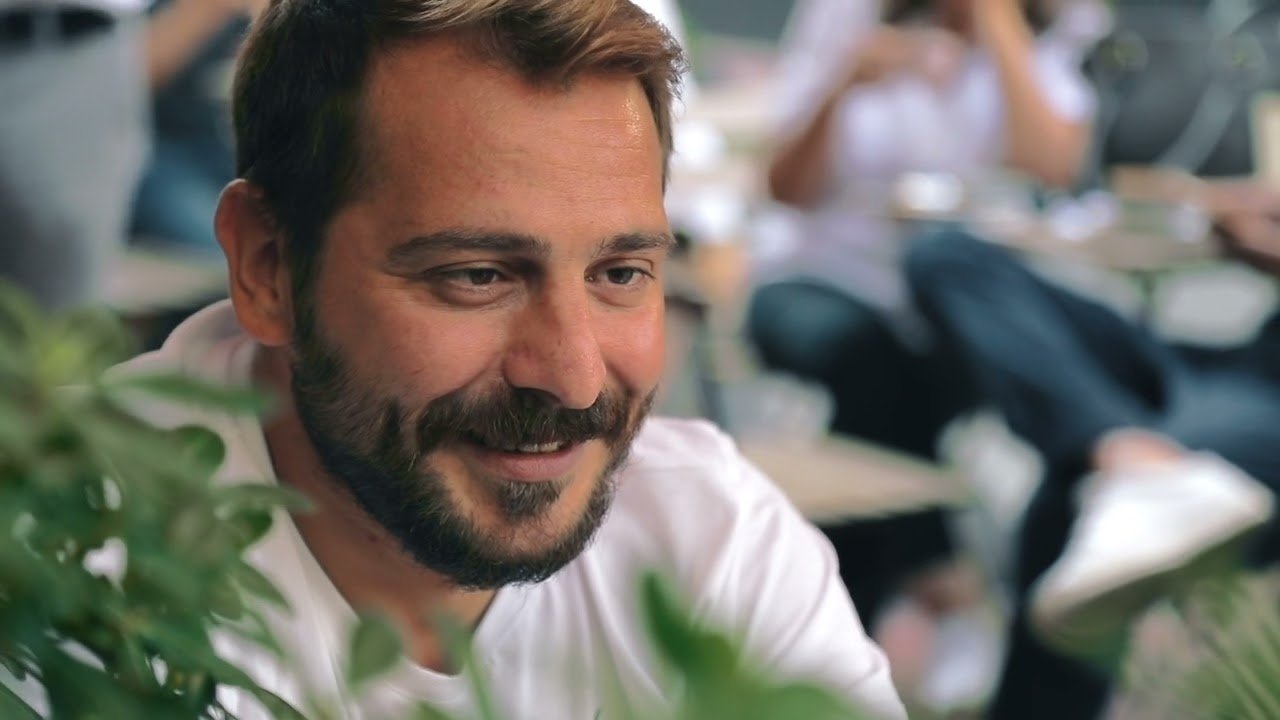For those in the LGBTQ+ community who reside in the West, the greater freedoms and civil liberties that have emerged in recent decades have made life more fulfilling for this once-persecuted constituency. But, for those who live in more conservative lands, such rights and privileges have been slower to surface (and in fewer numbers at that). This is true even in somewhat more lenient countries like Turkey, where the somewhat more tolerant and cosmopolitan nature of cities like Istanbul have shown some progress but still lag behind other locales. This has compelled gay, transgender and bisexual individuals to continue to lead more subdued lives than their Western counterparts, keeping low profiles and even unwillingly engaging in traditional marriages to give themselves socially acceptable cover, particularly in more rural and remote areas. However, a growing number of courageous souls have been more readily stepping forward to assert themselves, refusing to subvert their true nature and choosing to live truly open, satisfying and honest lives. Such is the focus of this debut documentary feature from directors Jeyan Kader Gülsen and Zekiye Kacak, who present a series of candid, albeit deftly veiled, conversations with an array of gay men living in Istanbul as they discuss their feelings about what their changing lives are like. They share their views about the process of coming out, how to deal with the frustrations of arranged cover marriages with wives and children, their ambivalence about balancing personal dreams with the strictures of social conformity and a host of related subjects about how to live the lives they want for themselves. The combination of both impassioned and cautious views presented here echoes those expressed years ago by activists in the West, providing younger viewers with a history lesson of sorts, illustrating what these brave social pioneers had to endure in pursuing greater freedom for themselves – and what these contemporary advocates are seeking now. While much of what’s discussed in these dialogues is indeed engaging, the film unfortunately tends to repeat its themes at times, making for an overall narrative that becomes somewhat circular and redundant. Nevertheless, for a first-time feature outing, the filmmakers here have compiled an informative, intimate look into the lives of individuals who are seeking to make their lives better under challenging circumstances in the hope that they will be able to achieve what so many others have successfully and justly attained in other parts of our world.

